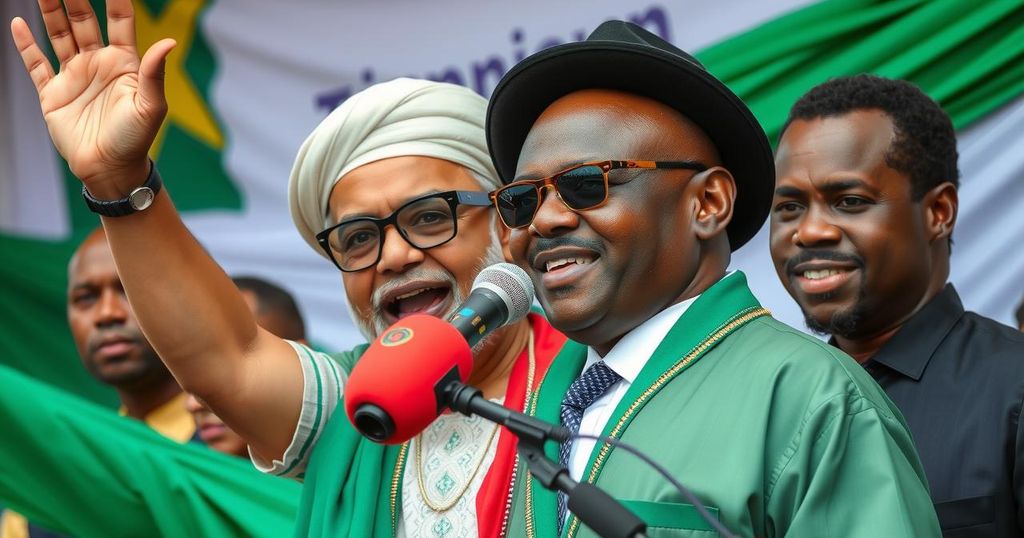The ruling party, Convention for the Renewal of the Comoros, won 28 of 33 parliamentary seats, maintaining its legislative majority amid a boycott by opposition parties amid claims of electoral fraud. The election results are pending Supreme Court confirmation, reflecting ongoing political tensions in the nation.
The ruling party in Comoros has secured a dominant position by winning 28 out of 33 parliamentary seats in the recent election, as announced by the electoral commission on Tuesday. This victory allows the Convention for the Renewal of the Comoros (CRC), under President Azali Assoumani, to maintain its majority in the legislative assembly. However, the election results are pending confirmation by the Supreme Court, amidst allegations of electoral fraud from boycotting opposition parties.
The parliamentary election held on Sunday was marked by a boycott from various opposition groups who have historically criticized the CRC for alleged irregularities during the electoral process. Comoros, which consists of three islands located off the southeastern coast of Africa, has faced several military coups since its independence from France in 1975. President Assoumani, who initially took power in a coup in 1999, has had a tumultuous political career, including a resignation in 2006 after one term and a return to power in 2016, securing his position through constitutional amendments that extended his term limit.
The political landscape of Comoros has been shaped by instability and military interventions since the nation gained independence in the late 20th century. President Azali Assoumani has played a pivotal role in this history, having seized power through force and subsequently manipulating constitutional provisions to extend his rule. The recent parliamentary elections reflect ongoing tensions between the ruling party and opposition factions, further underscoring the challenges faced by the nation in achieving a stable democracy.
In summary, the recent parliamentary elections in Comoros reaffirm the dominance of the ruling CRC party under President Assoumani, yet they also highlight significant divisions within the political spectrum as several opposition parties chose to boycott the election. Allegations of electoral fraud continue to cloud the political environment. The eventual confirmation of the election results by the Supreme Court will be critical in determining the future political landscape of the archipelago.
Original Source: www.seattletimes.com






